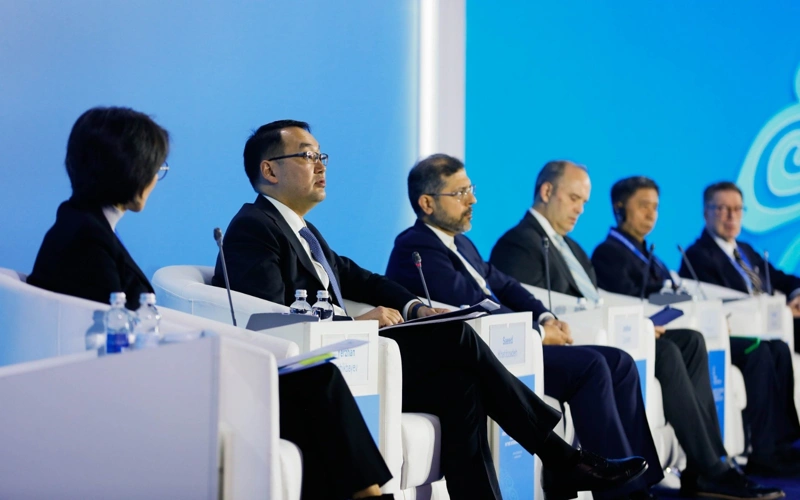Central Asia sets an example of pragmatic sovereignty - Eric Rudenshiold
Research Director and Senior Fellow at the Caspian Policy Center (USA) Eric Rudenshiold emphasized that Central Asia demonstrates how “middle powers” can shape the global order through pragmatic sovereignty and multi-vector diplomacy, Kazinform News Agency reports.

Addressing the Astana Think Tank Forum 2025, he noted that lasting regional stability depends on the ability of local actors to manage their own security and reconciliation rather than relying solely on external powers.
According to Rudenshiold, Asia is witnessing the emergence of middle powers, including Kazakhstan, Uzbekistan, South Korea, Japan and others, which are seeking strategic autonomy without aligning strictly with any global bloc. He said this trend is redefining global competition and creating a new type of international agency.
“The world’s center of gravity is no longer fixed. It is shifting, spreading and flattening from the Atlantic to the Caspian and from the Caspian to the Pacific,” Rudenshiold said.
He added that the future of international order will depend on cooperation, networks and credibility rather than confrontation between superpowers.
Earlier, Kazinform News Agency reported that Executive Director of the Korea–Central Asia Cooperation Forum Secretariat Jong Kook Rhee highlighted the C5+K format as a model of effective multilateral cooperation and noted that Central Asia has become indispensable to the future of regional partnerships.
